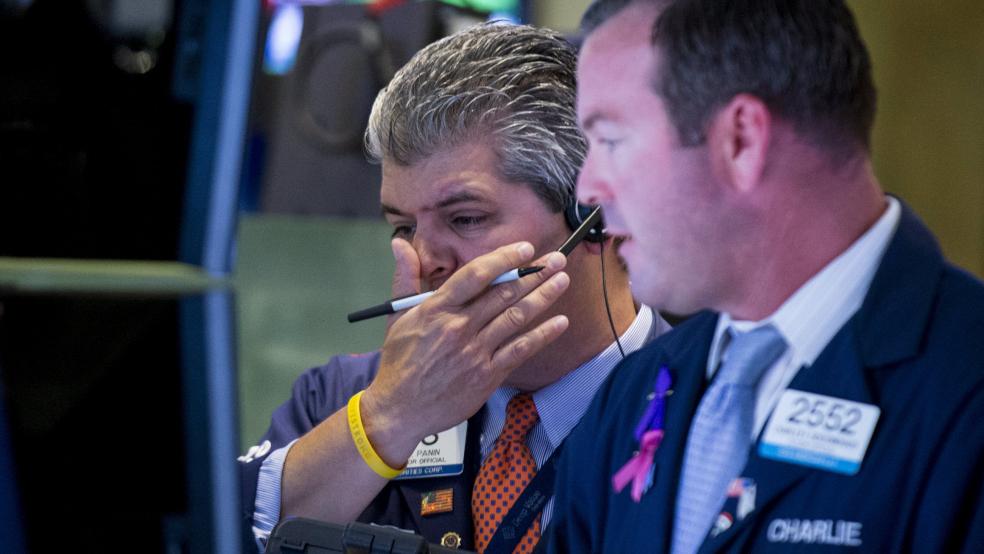NEW YORK (Reuters) - As companies in the benchmark Standard & Poor's 500 begin to release lackluster second quarter results, rich valuations threaten to keep the U.S. stock market spinning in place.
At 16.5 times forward estimates, the S&P 500, up less than 2 percent for the year to date through midday Friday, is about 10 percent more expensive than its historic average of 15, according to Thomson Reuters estimates. While still well below the 24.5 ratio at the height of the dot-com era bubble in 1999, the price to earnings multiple recently hit its highest level since 2004.At a time when corporate earnings are expected to show a decline of 3 percent in the most recent quarter, this has prompted more fund managers to head for European or Japanese stocks that trade at lower prices and may offer better returns in the year ahead. "The question isn't whether valuations are above average but by how much. Overseas they've still got a long runway in terms of earnings potential," said David Francis, co-manager of the $1.7 billion Thrivent Large Cap Fund. Francis now has 58 percent of his portfolio on U.S. stocks, a drop of nearly 30 percentage points from the 86 percent of assets he held in the United States in 2012.The performance of European stocks, and to a lesser extent, U.S. companies, in the near term may once again be affected by events involving Greece. Euro zone leaders told the near-bankrupt country at an emergency summit on Sunday that it will not hold talks on a new rescue before it enacts reforms that the Greek people have already rejected.That has boosted the odds of some kind of exit by Greece from the euro zone, and it could create more turmoil in equity markets as investors move to safer assets like government debt. The overall effect on the U.S. economy and U.S. markets is seen as small for the long term, however.Overall, the average international fund tracked by Lipper has dropped its average holdings of U.S. stocks by slightly more than 2 percent over the last year, in favor of less-expensive markets such as Europe and Japan. Funds that have moved to either market have been rewarded, with the Euro Stoxx 600 posting a gain of 11.2 percent for the year to date and the Nikkei index up 13.3 percent over the same time. REASONS FOR BULLISHNESSThe call for moving to overseas markets based on valuation alone is not clear cut, however.While the Euro Stoxx 600 trades at a less expensive 14.9 times forward earnings, it has been cheaper than the S&P 500 since mid-2002 and the two are currently closer than has been typical over the last five years, according to Thomson Reuters data. Abnormally low interest rates and core inflation in the U.S. are distorting valuation metrics, said Phil Orlando, a senior portfolio manager at Federated Investors who oversees its Global Allocation fund. Orlando still expects the S&P 500 to rally 13 percent from its current level this year, in part because he sees the overall economy growing faster than analysts predict. "Folks who say that stocks are fairly or over valued now are just looking at one metric of P/E based on history, but they are ignoring the fact that interest rates and inflation are about 65 percent below where they normally are. When those two are low, the P/E should naturally be higher," Orlando said. (Reporting by David Randall and Rodrigo Campos; Editing by Linda Stern, Chizu Nomiyama and Frances Kerry)High valuations weigh on U.S. stocks ahead of earnings

BRENDAN MCDERMID



